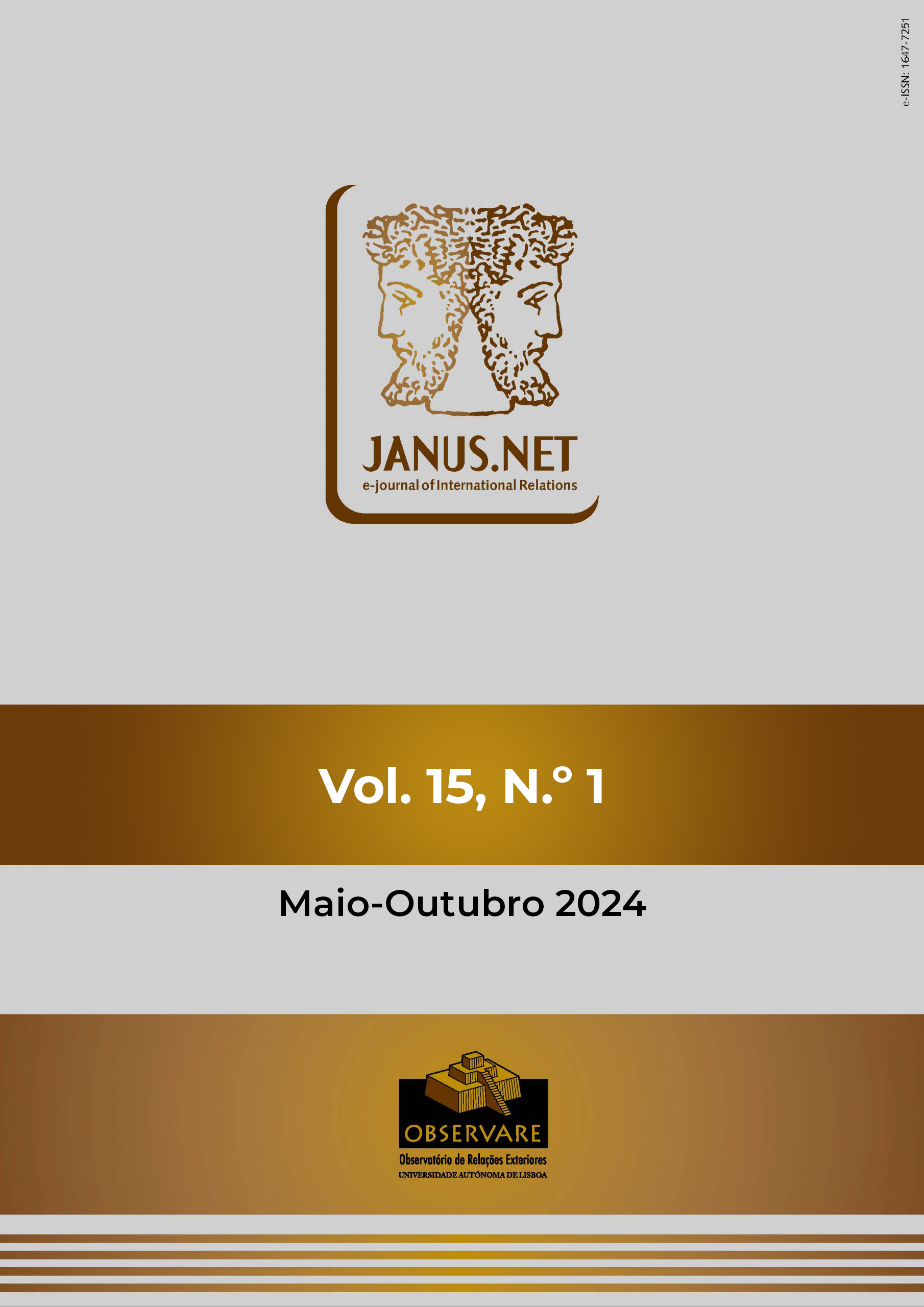FERTILITY FRAUD: EXPLORING THE LEGAL GAPS IN INDIA VIS A VIS THE UNITED STATES
DOI:
https://doi.org/10.26619/1647-7251.15.1.17Keywords:
Infertility, Fraud, India, US, Sexual offence, LawsAbstract
Infertility is an issue that many couples worldwide are facing. There are numerous individuals who seek treatment for this condition. However, those who treat infertility often handle all sperm samples equally, without differentiating between the sperm of the intended parents and that of others. This raises concerns about fertility fraud, where people intentionally exchange sperm samples. Many countries have recognized this as a sexual offense, but in India, there is currently no specific law addressing this issue. This question was initially raised when a case of this fraud occurred in the United States. This paper addresses all the related issues and provides a comparative analysis of the laws in India and the United States.


